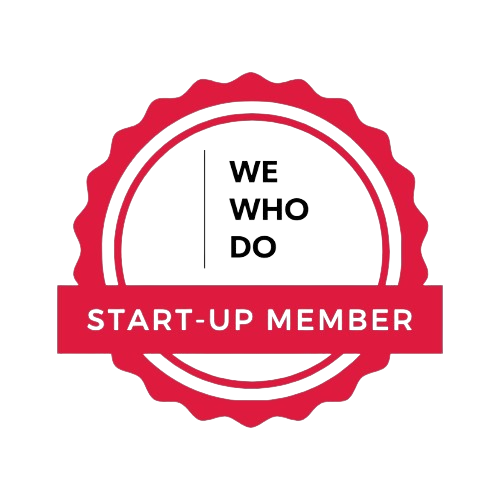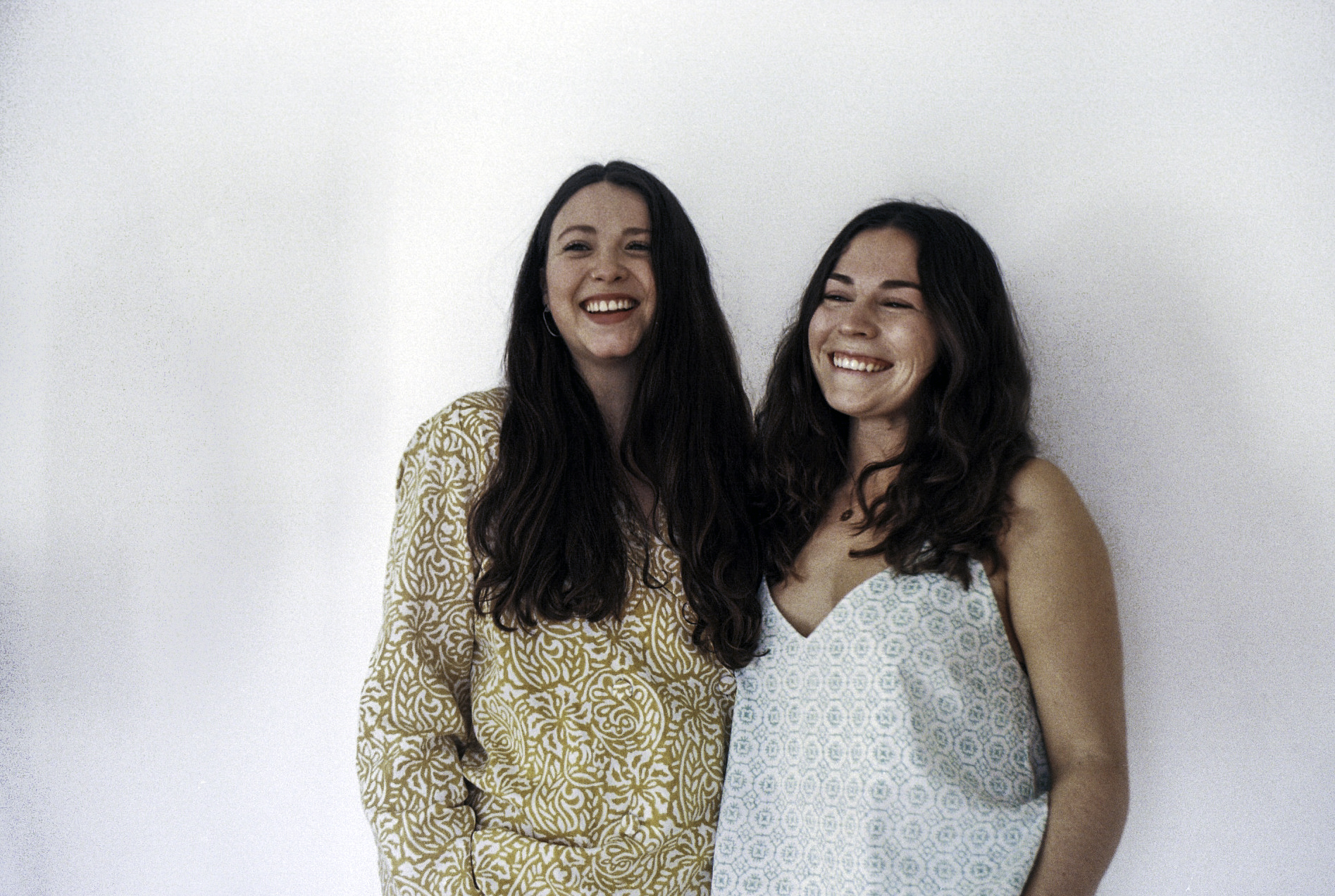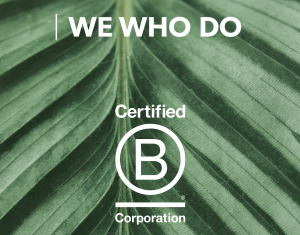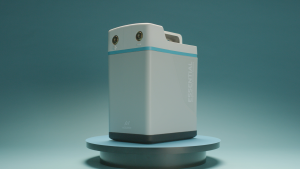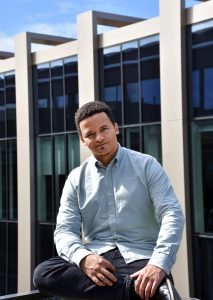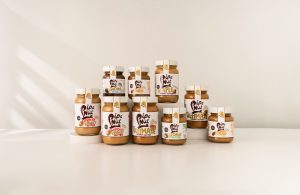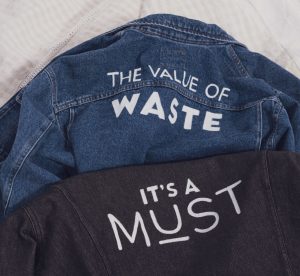With its delicate designs and heart-felt message, it is unsurprising to hear that rho is founded by two best friends. Having met at school over 17 years ago, Hannah and Elena feel like a pair that truly cares about the quality and impact of their luxury loungewear collection.
Hannah Ludlow, co-founder, and ex-fashion buyer, explains how the idea for rho emerged from a combination of different influences. From a book on social impact businesses, to a trip to Sri Lanka; rho honours artisan craftsmanship and champions social causes.
Their products, ranging from pyjamas to eye masks, are created with GOTS certified organic cotton, which is hand block printed using AZO free dyes and minimises the chemical and water pollution. rho also refuses to use plastic packaging anywhere in their supply chain, and have committed to constantly review these processes.
However, when I asked Hannah whether they defined themselves as a sustainable brand, there was some reluctance:
“We don’t define ourselves as a sustainable company because we know we have to be cautious with the word sustainability. We know that bringing anything new to the world is inherently unsustainable, so we want to take responsibility and accountability for that.”
Hannah’s humility regarding sustainability is really inspiring and it’s clear that rho’s business model hinges on honouring social impact. Indeed, with their partnership with Oasis, a local charity based in Kent (coincidentally near the school where these two inspiring women met), rho donates £5 from every unit sold.
With 2 women every week murdered by a domestic abuser, the pandemic has highlighted how difficult it is for some people to have a ‘safe night’s sleep’. Oasis supports families who are victims of domestic abuse, and provides refuge and advice to those who need it most. Tying this together, Hannah claims that by buying rho pyjamas, you’re not only getting a comfortable night’s sleep on a personal level, but you’re also helping someone else have a safe one. The idea is that rho is starting small with the aim of growing organically in order to expand reach and increase impact.

So, in terms of their ambition for the future, Hannah is keen to emphasise their core values:
“We are committed to working with organic and recycled fabrics. We hope to grow our support and impact with Oasis and continue our great relationship with our fair trade supplier, Mehera Shaw in Jaipur India, who continue to invest back into the communities that they employ.”
“We are also in the process of working on a new collection… but we are trying to encourage mindful, slow consumption. We only produce in small batches, and we only start thinking about making more when what we have is running low, and there is the demand for it…This is crucial to the way we operate. We are open to new ideas and branching out beyond loungewear, but at the moment, we want to perfect what we are doing.”
Indeed, their vow to only produce small quantity orders, and refusal to discount or sale prices sets them apart from other luxury brands. The message of all their collections is that they are seasonless and timeless – and ultimately endorse the value of the workmanship going into their products. Looking at their website, it is shocking to think that they only fully launched in October 2020.
…
Thankfully, their vision of compassion, transparency and accountability is now shifting away from the ‘niche’ and into the mainstream. More and more companies are thinking about their product values and prioritising people and planet over profit.
When I questioned how they’ve coped during the pandemic, Hannah laughed how that’s all they’ve ever known for rho, and with their sales starting just before Christmas 2020, they have truly launched a product in the eye of a storm.
Yet, chatting to Hannah, it is clear that rho is a labour of love, and when I asked about where they got the name from, it is apparent just how personal this company is:
“rho is an anagram of our grandmothers’ names, which is coincidentally beautifully similar to the old Norse word ró, meaning rest, calm and tranquility.”
For me, this combination of the personal and the calm sums up this brand perfectly.
